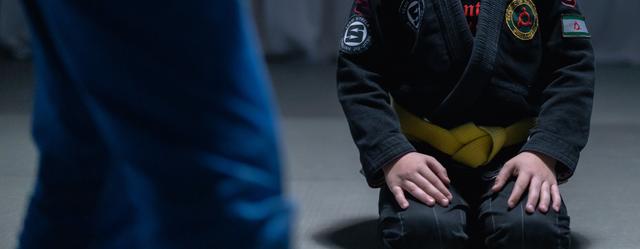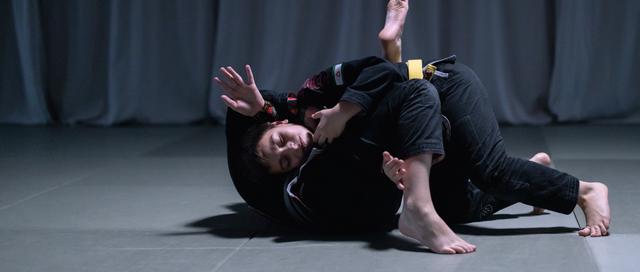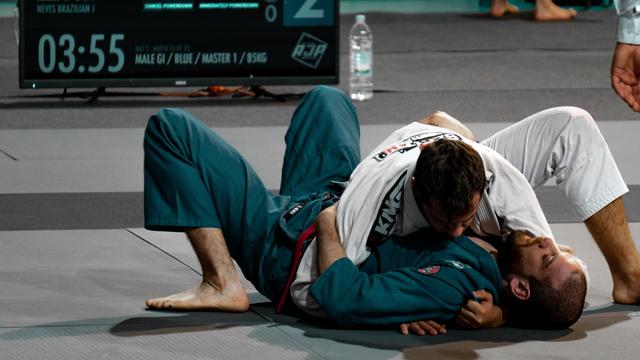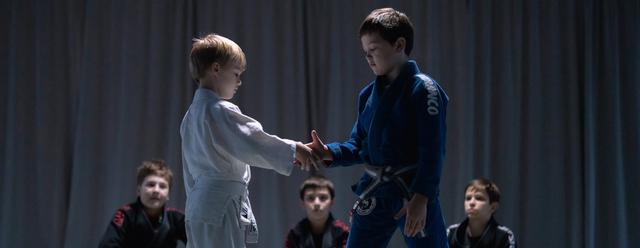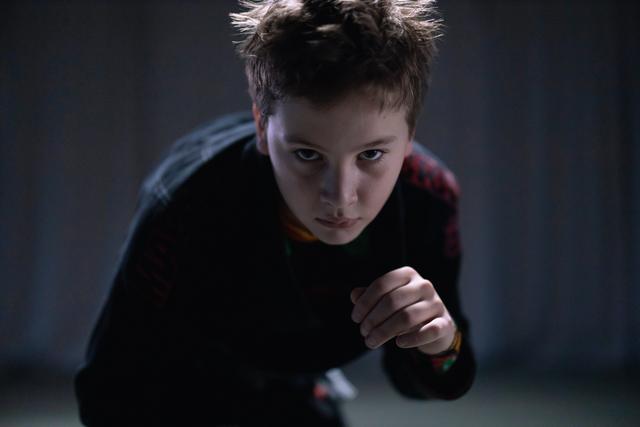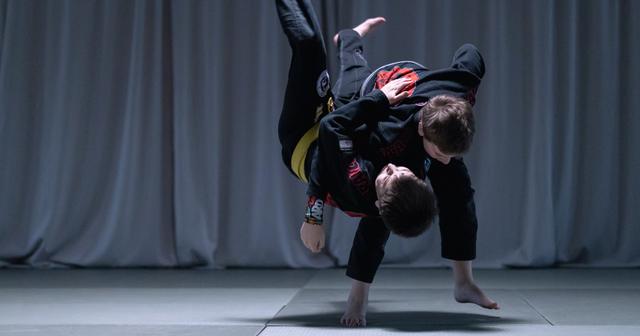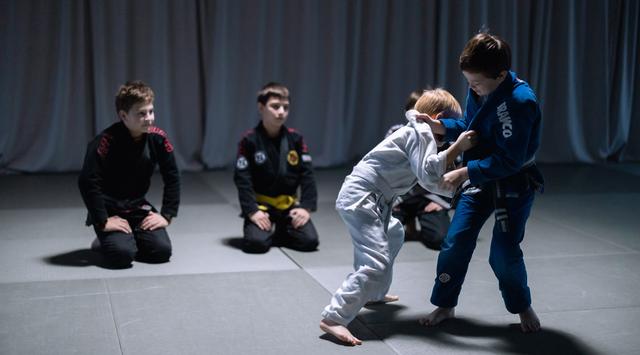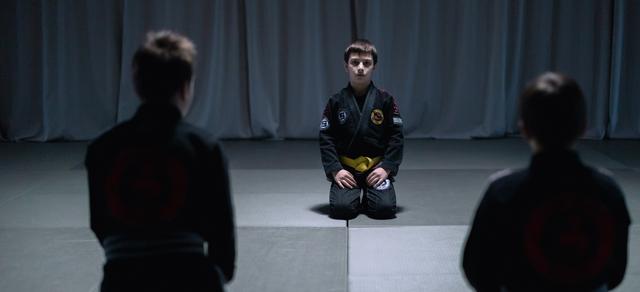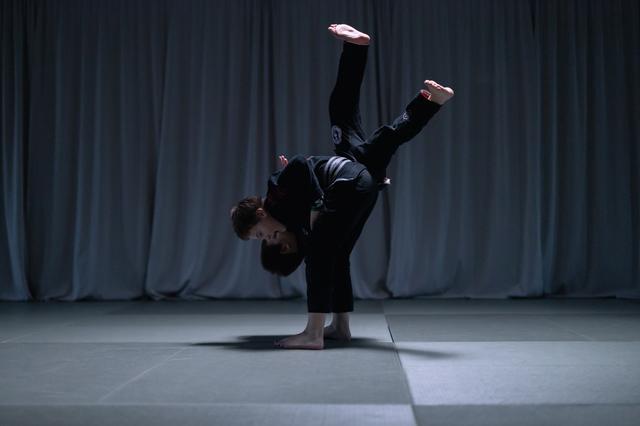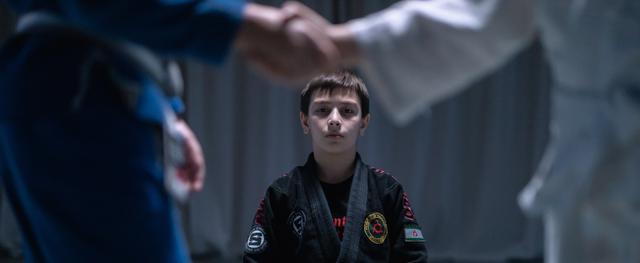- Home
- »Articles
- »Martial Arts
- »jujitsu
jujitsu Articles
jujitsu For Kids In The UK
Jujitsu, a martial art hailing from Japan, has found a fervent following among children in the UK. This arises from its emphasis on self-defence and its ability to instil discipline and enhance physical prowess. The journey of jujitsu into the UK landscape began in the late 19th to early 20th centuries, introduced by British soldiers returning from Japan. Early British enthusiasts of the art set up the first jujitsu clubs in the early 1900s. As the century progressed, especially during the mid-1900s, jujitsu's popularity soared, attributed largely to its reputation for being an effective, non-violent form of self-defence.
Today, the UK boasts a robust network of jujitsu clubs and organisations offering specialised training sessions for children. These clubs not only provide lessons in the practical aspects of the art but also emphasise the development of personal discipline and physical fitness, leveraging jujitsu’s diverse range of moves from throws and joint locks to strikes. With numerous options across the nation, parents and guardians can easily find a suitable club that aligns with the developmental needs and interests of their children, fostering a safe and encouraging environment for learning this ancient martial art.
The Benefits of jujitsu
Jujitsu offers a multitude of health benefits for children, making it an excellent activity for physical and mental development. Firstly, the wide range of movements practised in jujitsu, from throws to joint locks, naturally enhances physical fitness by improving flexibility, strength, and coordination. These physical skills not only contribute to a child's overall health but also ensure they are more physically active.
Additionally, the discipline of mastering such techniques encourages focus and concentration. This aspect of jujitsu is crucial as it fosters self-discipline which can positively influence behaviour outside the dojo. The self-defence skills learned through jujitsu empower children, significantly boosting their confidence and self-esteem. This empowerment is a critical factor in mental health, providing children with the courage to face different challenges in life.
Furthermore, attending jujitsu classes allows children to engage with peers, fostering important social skills. The structured environment provides them with opportunities to develop teamwork abilities and learn respect for others, which are vital components of socialisation. Together, these benefits contribute not just to a healthier body but to a more confident, disciplined, and socially adept child.
FAQs
Is jujitsu safe for kids?
Yes, jujitsu is generally considered safe for children when taught under the guidance of qualified instructors. The techniques are appropriately modified for children, focusing on safety and self-defence. Moreover, children are taught the importance of using these techniques responsibly, enhancing their overall safety measures.
What age is appropriate for kids to start jujitsu?
Children can start jujitsu classes as young as 4 or 5 years of age. However, the suitable starting age may vary depending on the child's physical and mental readiness, as well as the specific guidelines of the jujitsu club or school they are attending.
What equipment do kids need for jujitsu?
The essential equipment for children starting jujitsu is typically a gi—a traditional martial arts uniform—and a belt. These items are crucial for all practitioners as they provide the necessary attire for training. Some jujitsu clubs might also provide additional equipment like mats and protective gear at the training facility.
How often should kids attend jujitsu classes?
It is recommended that children attend jujitsu classes at least once per week to maintain continuity in learning and skill enhancement. More frequent attendance, such as two or three times a week, may offer better progress and deeper understanding of the techniques and principles of jujitsu.
Can kids compete in jujitsu tournaments?
Yes, children can participate in jujitsu competitions, which are often organised by various jujitsu clubs and associations. While competition is not compulsory, it presents a valuable opportunity for children to apply their skills in a controlled environment, challenge themselves, and gain confidence from their achievements.
